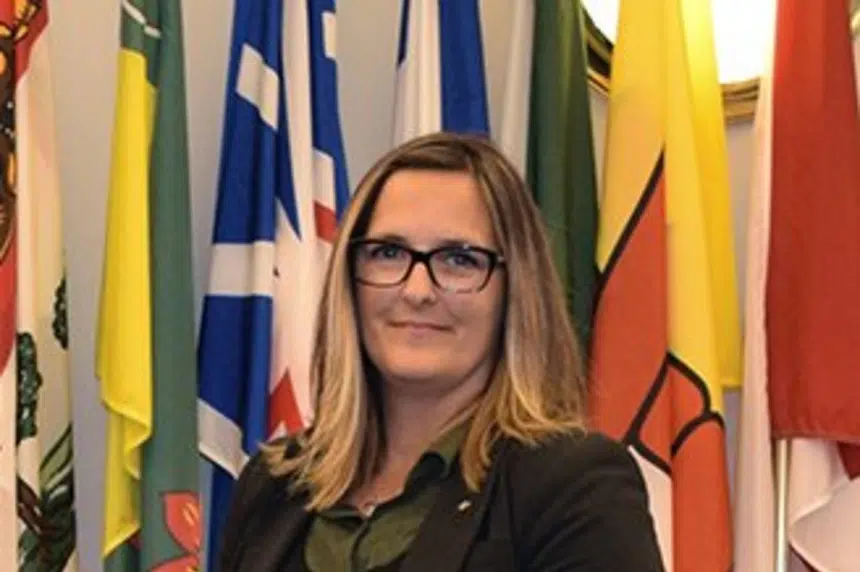Children have a fundamental right to parental support and guidance. But a child’s other rights – including non- discrimination on the basis of gender identity and freedom of expression – “must not be hindered in that process.”
That, from Dr. Lisa Broda, Saskatchewan’s Advocate for Children and Youth.
In a 41-page report, called “use of preferred first name and pronouns by students,” Broda assessed the province’s new policy requiring that parents are notified and give consent when a child under the age of 16 changes their name or pronouns at school.
In a statement, Broda said it’s the duty of the education system to accommodate the needs of transgender and gender diverse students.
“We agree with the government’s desire to place a high importance on the involvement of parents and guardians in education.
“However, this objective can be achieved without imposing such strict rules around consent, which could result in a violation of a young person’s rights under provincial, constitutional, and international human rights laws,” she wrote.
She added that the age requirement is not justifiable and not based on the demonstrated capacity of a student.
“Many young people under the age of 16 will have the capacity to make this type of decision. Giving them the chance to demonstrate capacity is an important step in accommodating their right to their gender identity,” she wrote.
According to Premier Scott Moe, the province is planning to turn what is now policy, into law during the fall legislative session.
Moe said he’s prepared to invoke Sec. 33 of the Charter of Rights and Freedoms, or, the notwithstanding clause.
That would allow the provincial government to continue on with the law even if it were found by a court that the law and policies violated particular sections of the Charter – fundamental rights in Section 2, legal rights in Sections 7-14, and equality rights in Section 15.
At least one legal challenge to the provincial government’s plans is now going through the courts.











